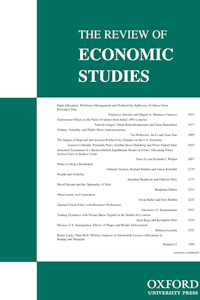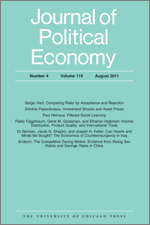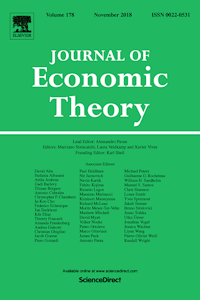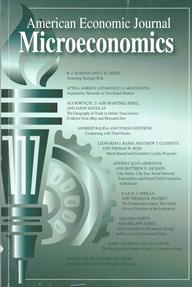
Newbery, D.
The cost of uncoupling
Nature Energy
Vol. 5 pp. 187-188 (2020)
Abstract: After exiting the European Union on 31 January 2020, the UK will spend the better part of the year negotiating its future arrangements with the European Union. Electricity trade between Great Britain (GB) and other member states represents part of these complex negotiations. Under the EU Integrated Electricity Market (IEM), the value to Great Britain of its two oldest links to the Continent (60% of GB’s total interconnection) is currently about €500 million per year1. The aim of the IEM is to better integrate electricity markets in each member state and improve the efficiency of trade over the interconnectors linking different markets. In the IEM all electricity supplies and demands, including interconnector trade, are simultaneously matched in a single European auction, ensuring efficient trade. A hard Brexit in which the UK leaves the IEM could disrupt this trade, reducing efficiency and introducing higher costs for the UK and the EU.
Keywords: Economics, Energy economics, Politics and international relations
Author links: David Newbery
Publisher's Link: https://doi.org/10.1038/s41560-020-0566-0 ![]()




